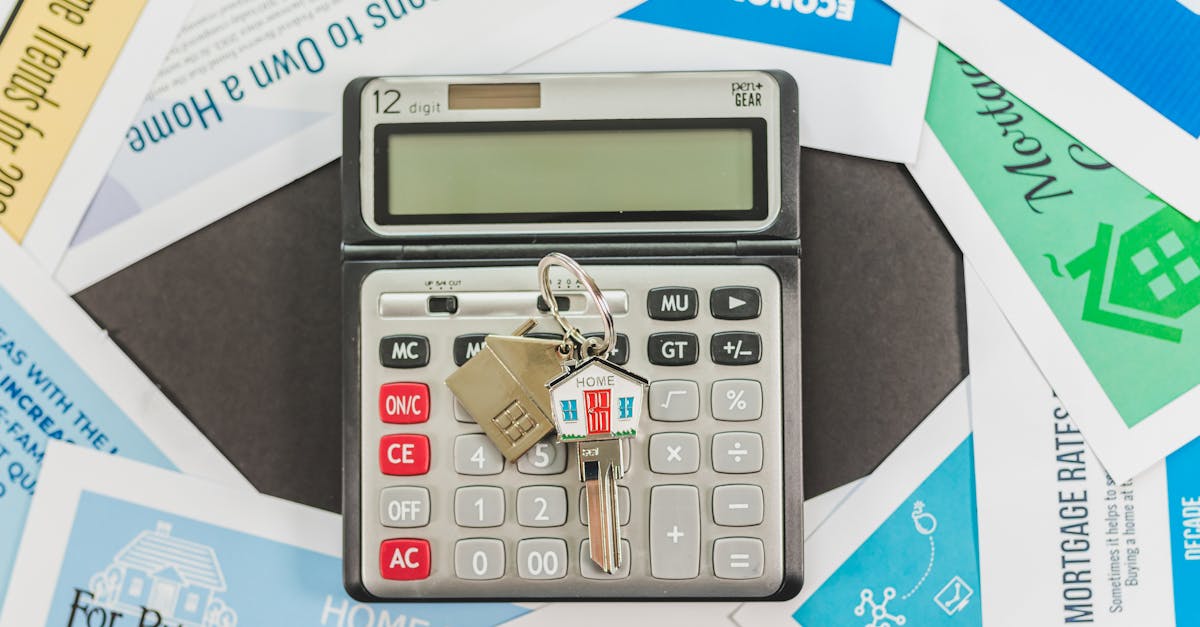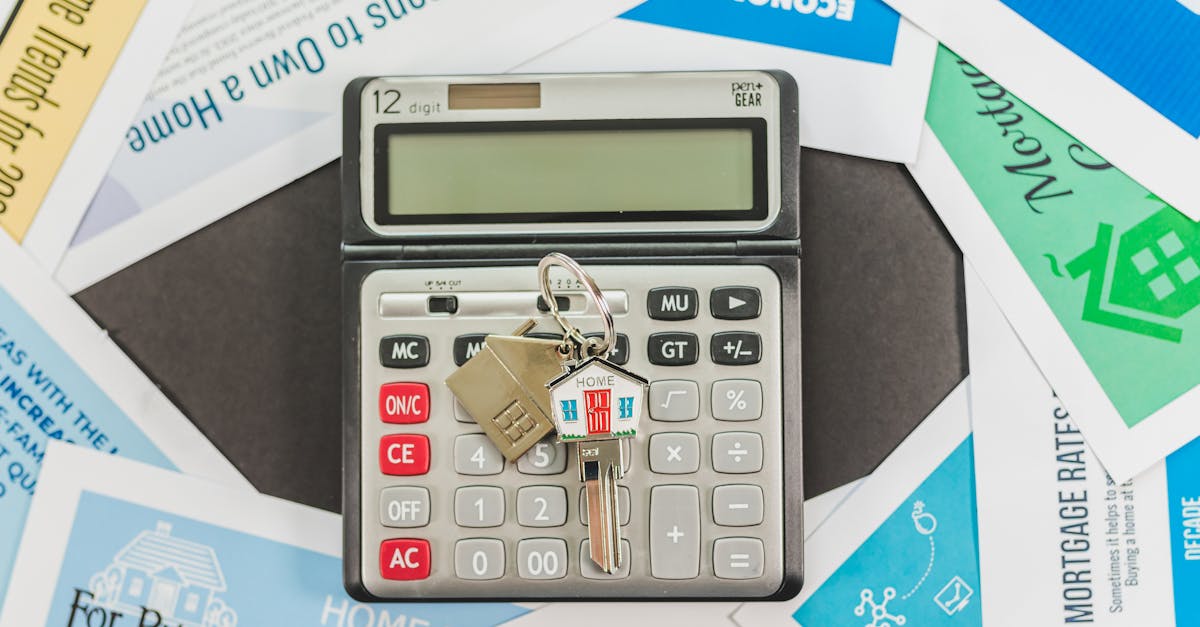The Ultimate Guide to First Time Home Buying
Introduction
Purchasing your first home is a monumental milestone, often filled with emotions ranging from excitement to stress. First-time home buyers face myriad decisions, from understanding mortgage options to finding the right location. Informed decision-making is crucial, as a home is typically the largest financial commitment a person makes in their lifetime. While the process can seem overwhelming, breaking it down into manageable steps makes it more approachable. It's essential to equip yourself with the necessary knowledge and resources to navigate this complex journey effectively. This guide aims to provide first-time buyers with a comprehensive overview of the home-buying process.
Advertisement
Getting Your Finances in Order
Before house hunting, it's vital to assess your financial health. Start by evaluating your credit score, as it influences your mortgage interest rates. A higher credit score can secure more favorable terms. Calculate how much house you can afford by examining your income, debts, and savings. Establishing a comprehensive budget ensures monthly mortgage payments align with your financial situation. It's also wise to save for a down payment, typically 20% of the home price, although some loans require less. Lastly, consider getting pre-approved for a mortgage, giving you a clear idea of your budget and signaling to sellers that you're a serious buyer.
Advertisement
Understanding Mortgage Types
Choosing the right mortgage is a critical component of home buying. There are various mortgage types available, each with its benefits and drawbacks. Fixed-rate mortgages offer consistent payments over the loan's duration, ideal for those planning to stay long-term. Conversely, adjustable-rate mortgages (ARMs) start with lower rates, which adjust over time, suitable for those who don't plan to stay in one place. Federal Housing Administration (FHA) loans cater to buyers with lower down payments and credit scores. It's important to consult with a loan officer to explore which option best fits your long-term financial goals.
Advertisement
House Hunting and Location
Finding the perfect home goes beyond aesthetics—location is paramount. Consider proximity to work, schools, amenities, and public transport. Research neighborhoods, attending open houses, and walking through the area at different times help gauge the community vibe. Use real estate websites and work with a knowledgeable real estate agent who can provide insights and access exclusive listings. It's crucial not to rush; take the time to evaluate your needs versus wants to find a home that meets your criteria. Once you have a list, rank them and be ready to act quickly in competitive markets.
Advertisement
Making an Offer
After identifying your dream home, the next step is making an offer. Begin by understanding the local market conditions. In a seller's market, you may need to offer closer to the asking price, while in a buyer's market, there's room for negotiation. Your agent can assist in drafting a competitive offer, factoring in contingencies such as financing and home inspections. Be prepared for counteroffers and negotiate wisely, focusing on securing your desired terms. Once the offer is accepted, it's common practice to submit an earnest money deposit to demonstrate your commitment while finalizing financing.
Advertisement
Navigating Home Inspections
A home inspection is a critical step in ensuring the property is sound. Hire a professional inspector to assess structural elements, electrical systems, plumbing, and more. This evaluation can uncover potential issues that may affect your investment or provide leverage for price negotiations or repairs. Attending the inspection allows you to ask questions and better understand the property's condition. Based on the findings, you can request repairs or negotiate the sale price. Remember, it's crucial not to skip this step, as overlooking hidden problems can lead to unexpected expenses long after the purchase.
Advertisement
Closing the Deal
The closing process involves several steps, verifying final loan approvals, conducting a title search, and ensuring necessary insurance is in place. Both parties will agree upon a closing date, typically requiring a few weeks post-offer acceptance. At closing, you'll review and sign numerous documents, including the closing disclosure—which provides a detailed accounting of the transaction. Be sure to read thoroughly and understand each form, asking questions if needed. Once complete, the deed is transferred, and you'll receive the keys to your new home. Remember, closing costs typically account for 2% to 5% of the home's purchase price.
Advertisement
Settling into Homeownership
Congratulations, the home is officially yours! Transitioning from tenant to homeowner brings new responsibilities. Regular maintenance, budgeting for unexpected repairs and following a home care schedule are now part of your routine. Creating an emergency fund helps cover unforeseen expenses. Consider upgrading security features, energy efficiency, and addressing any immediate improvements. Homeownership offers numerous rewards like stability, the potential for equity growth, and personalizing your living space. As you settle into your new home, take pride in this significant achievement and enjoy the journey ahead.
Advertisement
Common Mistakes to Avoid
Avoid common pitfalls that many first-time buyers face by remaining informed and prepared. Overspending can lead to financial strain, while failing to budget beyond the mortgage—like property taxes or home insurance—can be costly. Neglecting thorough inspections or skipping the hiring of a dedicated real estate agent are risks. Emotion-driven decisions may lead to buyer's remorse, so ensure you evaluate all factors objectively. Be wary of getting carried away with cosmetic improvements that can drain your finances. Staying disciplined and informed helps avoid costly errors on your home-buying journey.
Advertisement
Conclusion
First-time home buying is a journey that demands knowledge, patience, and foresight. By preparing your finances, understanding mortgage options, property hunting in preferred locations, and following through with inspections and negotiations, you're setting a solid foundation. Becoming a homeowner is not just about acquiring property; it represents an investment in your future. Though challenges may arise, this guide provides the essentials to help you navigate the process confidently. Embark on your journey equipped with this knowledge, allowing you to enjoy the rewards and stability home ownership brings.
Advertisement


